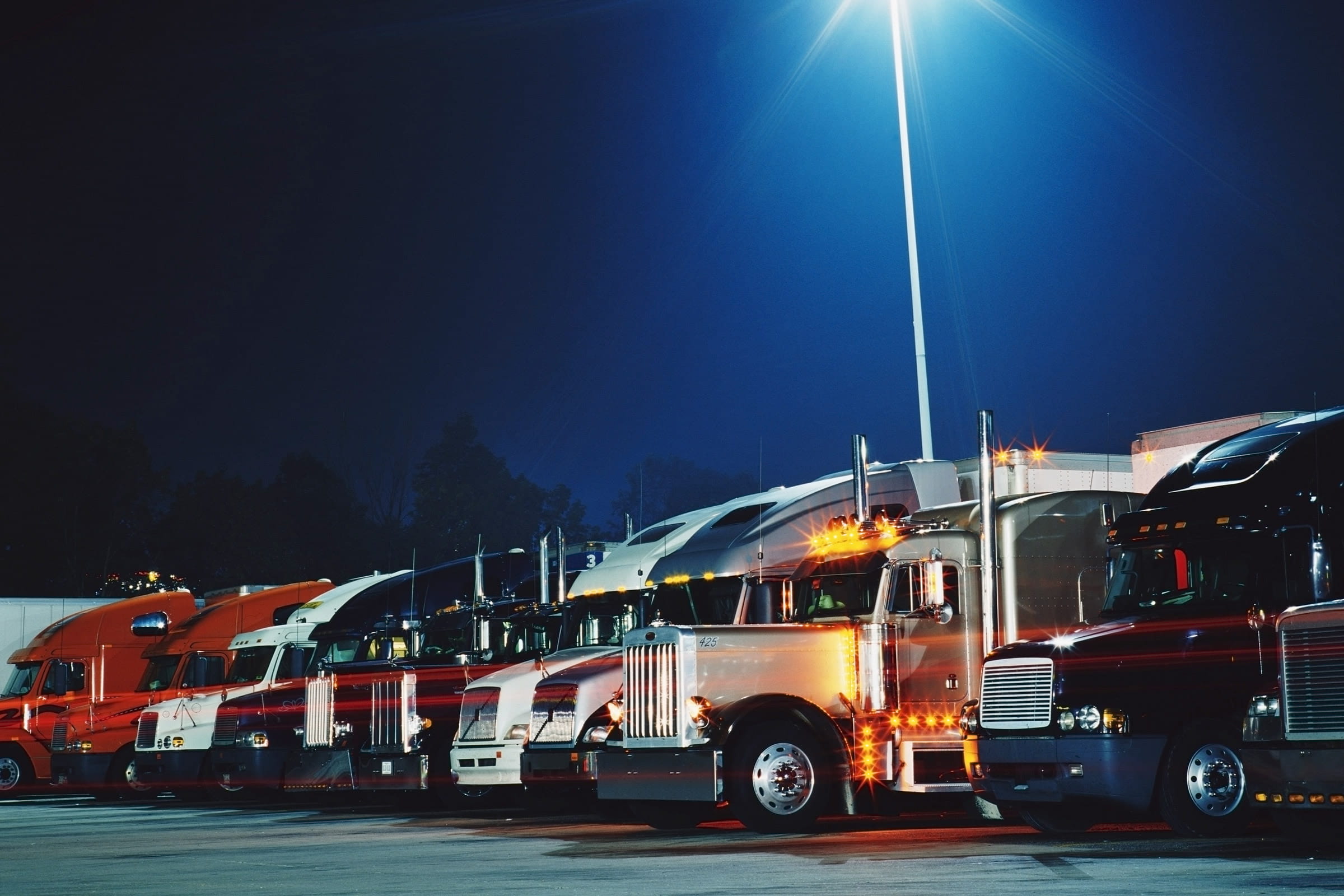From Fender Benders to Lawsuits: Understanding Trucking Liability Risks
A minor accident can quickly escalate into a costly lawsuit. Is your trucking business prepared to handle these risks?
Liability exposure in the trucking industry is broad, and without proper insurance and risk management strategies in place, even a small incident can lead to serious financial consequences. This article breaks down common liability risks, explains essential insurance coverages, and outlines risk management strategies to help protect your operation.
Common Liability Risks in the Trucking Industry
Trucking businesses face a wide range of liability risks every day. From routine deliveries to high-pressure logistics, liability can arise in many forms:
- Property Damage
Accidents involving company trucks can lead to damage of other vehicles, infrastructure, or property. - Bodily Injury Claims
Injuries to other drivers, pedestrians, or third parties can lead to expensive legal claims. - Cargo Losses
Damaged, lost, or stolen freight can result in claims from clients or third-party vendors. - Environmental Hazards
Spills of fuel or hazardous materials can trigger environmental cleanup costs and regulatory penalties.
Understanding the scope of these risks is the first step in taking proactive measures to manage them.

Key Liability Insurance Coverages for Trucking Businesses
Different liability exposures require different types of insurance. Each policy plays a role in building a comprehensive protection plan:
- Auto Liability Insurance
Covers bodily injury and property damage when your driver is at fault in a crash. This is a core requirement for motor carriers. - General Liability Insurance
Provides protection for injuries or property damage that occurs outside of vehicle operation, such as at your place of business, before loading begins, or after unloading is completed. - Cargo Liability Insurance
Covers claims related to lost or damaged freight during transport. - Excess Liability (Umbrella) Insurance
Offers additional coverage above and beyond your primary policy limits, protecting your business in high-cost claims or lawsuits.
Having the right mix of coverages in place is essential for mitigating financial exposure from liability claims.
The Cost of Inadequate Liability Coverage
Insufficient liability insurance can result in long-term damage to your business. Legal costs, settlements, and regulatory fines can quickly exceed basic policy limits.
Consider the following scenarios:
- A truck is involved in a multi-vehicle accident, resulting in several injury claims and a lawsuit.
- Improperly secured cargo causes damage during unloading, leading to a client claim and legal fees.
- A fuel spill on a highway requires environmental cleanup and results in regulatory fines.
Each of these events can lead to tens or even hundreds of thousands of dollars in expenses. Investing in strong liability coverage is a necessary safeguard against these risks.

Risk Management Strategies to Minimize Liability
Insurance is critical, but reducing the likelihood of a claim in the first place is equally important. Proactive risk management helps prevent incidents and strengthens your overall safety profile.
Key strategies include:
- Driver Safety Programs
Training and ongoing education reduce accident rates and promote responsible driving behavior. - Compliance with DOT Regulations
Staying current with federal and state regulations helps avoid violations and penalties. - Accident Response Plans
Having a clear process in place for handling accidents can limit liability exposure and speed up recovery.
Choosing the Right Liability Coverage for Your Business
No two trucking operations are the same, and liability coverage should reflect your specific risks. Factors such as fleet size, cargo type, operational areas, and claims history all play a role in determining the right policy.
When evaluating liability insurance options, consider:
- Coverage Limits
Ensure policies provide adequate protection for the scale of your operation. - Insurance Provider Expertis
Work with companies that understand the trucking industry and offer specialized support. - Claims Service
Choose a provider known for responsive and knowledgeable claims handling.
Great West Casualty Company specializes in trucking insurance and provides tailored solutions to meet the unique needs of motor carriers and owner-operators. Our team helps businesses build effective insurance and risk management strategies that align with their goals.
Protect Your Business with Confidence
Liability risks are part of operating in the trucking industry, but with the right insurance and risk management strategies, you can safeguard your business from financial and legal challenges.
Contact Great West Casualty Company for a free quote and learn how we can help protect your operation.
The information in this article is provided as a courtesy of Great West Casualty Company and is part of the Value-Driven® Company program. Value-Driven Company was created to help educate and inform insureds so they can make better decisions, build a culture that values safety, and manage risk more effectively. To see what additional resources Great West Casualty Company can provide for its insureds, please contact your risk control representative, or click below to find an agent.
© Great West Casualty Company 2025. The material in this publication is the property of Great West Casualty Company unless otherwise noted and may not be reproduced without its written consent by any person other than a current insured of Great West Casualty Company for business purposes. Insured should attribute use as follows: “© Great West Casualty Company 2025. Used with permission by Great West Casualty Company.”
This material is intended to be a broad overview of the subject matter and is provided for informational purposes only. Great West Casualty Company does not provide legal advice to its insureds, nor does it advise insureds on employment-related issues. Therefore, the subject matter is not intended to serve as legal or employment advice for any issue(s) that may arise in the operations of its insureds. Legal advice should always be sought from the insured’s legal counsel. Great West Casualty Company shall have neither liability nor responsibility to any person or entity with respect to any loss, action, or inaction alleged to be caused directly or indirectly as a result of the information contained herein.




